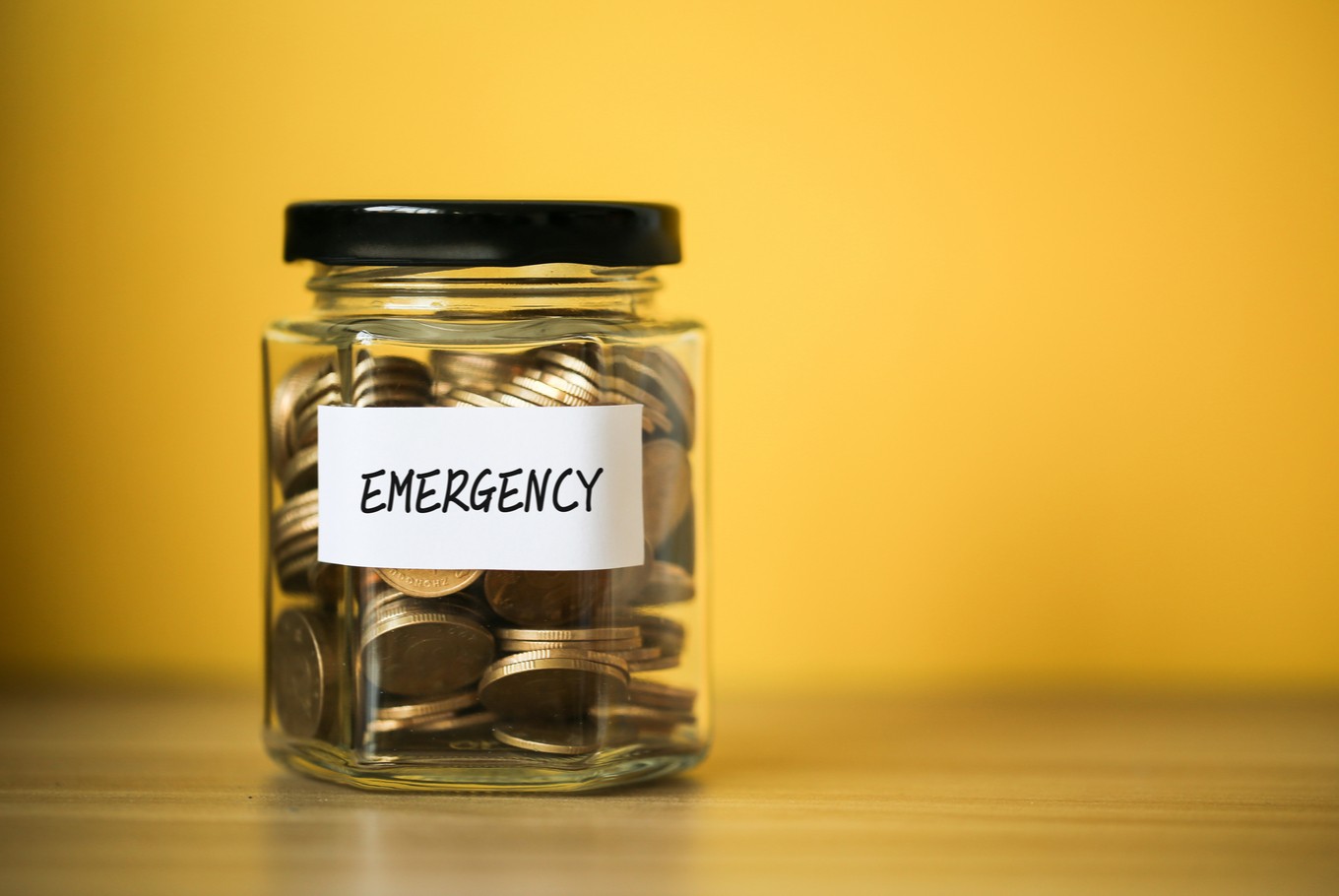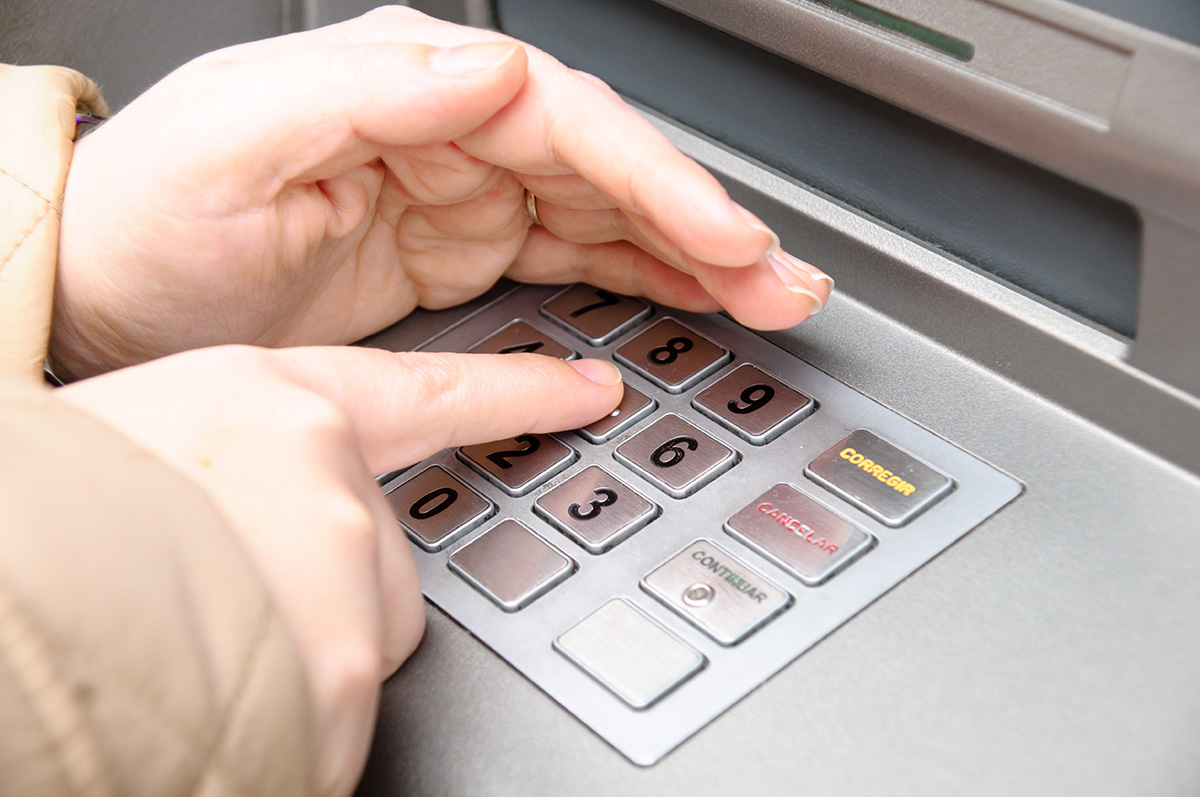Achieving financial security is an objective pursued by people from various walks of life and age groups, but it demands anticipation, self-control, and a well-thought-out plan. A pivotal component of lasting financial health is the emergency fund. Many individuals often wonder: Why should an emergency fund take precedence over settling debts, making investments, or satisfying immediate wishes? The answer is in the crucial function this fund serves in protecting against life’s uncertainties.
Understanding the Components of an Emergency Fund
An emergency fund is a dedicated reserve of liquid assets, typically held in a highly accessible savings account. Its principal purpose is to cover unanticipated expenses or financial shortfalls caused by unforeseen events. Examples include sudden job loss, significant medical expenses not covered by insurance, urgent home or vehicle repairs, or other unexpected crises.
Financial experts often recommend saving between three to six months’ worth of living expenses. This figure may vary based on job stability, number of dependents, and other personal circumstances. The core premise remains: this fund should be substantial enough to shield an individual or family from common setbacks without resorting to high-interest debt or selling long-term investments.
Key Reasons to Maintain an Emergency Fund
1. Safeguarding Against Income ReductionUnexpected job termination or diminished earnings can arise suddenly. Causes might include financial recessions, organizational changes, or unforeseen medical issues, which could threaten one’s capacity to fulfill regular commitments like housing, energy bills, groceries, and credit repayments. Possessing a contingency fund offers a monetary cushion, enabling those impacted to maintain crucial expenditures while looking for new possibilities or acquiring new skills.
Example: Amidst the worldwide pandemic of 2020, countless individuals encountered layoffs or job suspensions. People who had a strong emergency fund encountered much less anxiety and possessed greater leverage in job searches, unlike those who had to seize the first job opportunity just to get by.
2. Evading Debt with High Interest Rates Unexpected costs frequently result in using credit cards, short-term loans, or other borrowing methods that carry high interest. Although these financial products provide immediate help, the accumulating interest and charges can ensnare borrowers in a debt cycle, quickly worsening financial difficulties. Having a contingency fund significantly decreases or removes the necessity for such borrowing, safeguarding credit scores and reducing financial harm over time.
3. Health and Security Assurance Health emergencies can arise unexpectedly. Urgent medical treatments or extensive dental work, for example, might incur expenses not fully covered by insurance. Having quick access to funds guarantees prompt medical attention, alleviates stress, and protects the family’s financial well-being in challenging moments.
4. Reduced Stress and Improved Decision-MakingFinancial uncertainty is a common source of anxiety and interpersonal conflict. The peace of mind offered by an emergency fund allows individuals to face adversity with a calm, strategic mindset. The psychological advantage of knowing there is a safety net in place cannot be overstated. Without immediate pressure, decisions can be made rationally, with long-term advantages in mind rather than short-term survival dictating choices.
5. Safeguarding Investment Portfolios and Long-Term Objectives Without a financial safety net, one may have to sell investments ahead of schedule. Divesting assets during market downturns not only locks in losses but also halts the essential growth needed for accumulating wealth over time. A dedicated emergency fund allows you to maintain investment options, ensuring that retirement aims and other significant targets stay aligned.
Setting Up and Overseeing Your Emergency Savings
Building an emergency fund can seem daunting, especially for those with limited means or multiple financial obligations. However, the process can be broken down into manageable steps.
Begin Modestly, Maintain Consistency: Regular, even minimal, monthly deposits can grow significantly over time thanks to the effect of compounding and maintaining regularity. Setting up automatic transfers into a dedicated savings account assists in reducing the urge to spend funds that are meant for saving.
Segregation of Funds: It is vital to keep emergency funds distinct from regular spending accounts to avoid accidental depletion. Access should be easy in genuine emergencies but not so convenient that the money gets used for non-urgent wants.
Periodic Review: As life circumstances change—such as marriage, parenthood, or homeownership—the emergency fund should be reassessed and adjusted. Costs can rise unexpectedly; regular review ensures the fund remains sufficient for changing needs.
Practical Examples and Case Studies
Analyze the situation of a family with two earners residing in an urban area. Both individuals have occupations that are affected by economic fluctuations. By following a disciplined savings strategy, they gradually build an emergency fund that covers half a year of necessary costs. After some time, one partner loses their job due to a series of corporate downsizings. The emergency savings mitigate the financial impact, allowing them to handle mortgage obligations, insurance, and regular expenses without resorting to debt or affecting their children’s education. Additionally, the partner who remains employed can concentrate on securing an appropriate job without rushing into less desirable positions.
Another scenario involves a young entrepreneur whose business faces a sudden downturn due to shifting market trends. With an emergency fund established during profitable periods, the business owner can pivot strategy and invest in necessary innovation, instead of rushing to seek high-interest loans or shutting down prematurely.
Data from various financial literacy surveys consistently demonstrate that individuals with readily available emergency funds are less likely to forgo necessary medical attention, fall behind on housing payments, or descend into debt spirals. More broadly, communities with higher rates of emergency savings are better equipped to weather local disasters, contribute resources to collective challenges, and rebound resiliently.
The Importance of Emergency Savings
An emergency fund stands at the intersection of prudence and empowerment. It offers practical protection from unforeseen setbacks, while enabling confident pursuit of goals and aspirations. By insulating day-to-day security from the volatility of circumstance, an adequately maintained reserve fosters both financial strength and psychological well-being. Although its benefits may not be tangible in calm periods, the true value of an emergency fund emerges fully during moments of crisis—turning potential catastrophes into manageable detours and unlocking a life of greater resilience and peace.




